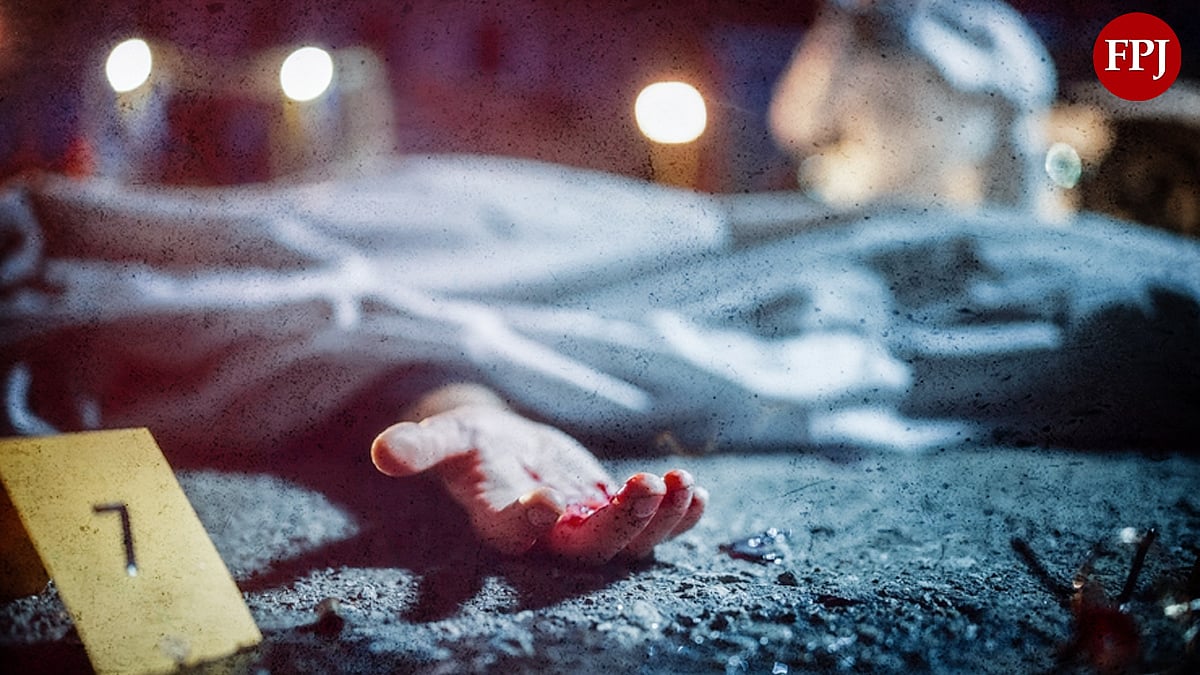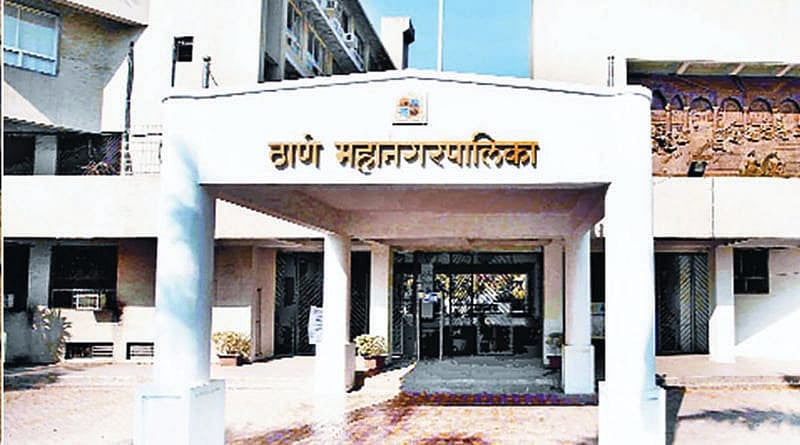Mumbai: Indian Sufis have urged the Saudi Arabian government to restore Medina's Jannat al-Baqi cemetery which has graves of the companions and family members of Prophet Muhammad.
A meeting was recently held at Ajmer, the site of the Sufi shrine of Moinuddin Chisti, to announce plans to appeal to the Saudi Arabian government. There has been no response from the Saudi Arabian government to the appeal.
The tombs were destroyed in the 1920s when the Saud family took control over Islam's holy cities, Makkah and Medina, from the Ottoman Empire. The new rulers subscribed to the conservative Wahhabi doctrine forbidding tomb worship. The shrines in the graves were reportedly demolished by a Wahhabi militia with permission from the new rulers.

The cemetery now |
There have been earlier efforts to get the Saudi Arabian government to rebuild the tombs, but the appeals have received no response. With the growing influence of Crown Prince Mohammed bin Salman, who is thought to be more liberal in his religious and social views, there is hope that the government could allow the rebuilding of the tombs.
The Crown Prince, practically the ruler of the orthodox kingdom, has ushered in many changes, with more moderate and liberal social and religious rules. The Jannat al-Baqi cemetery is believed to have been established by the prophet Muhammad and is called the oldest Islamic cemetery. Among those believed to be buried at the cemetery, which is located near the gate of Masjid al Nabawi, or the Prophet's Mosque, are Fatima, his daughter, Imam Hasan, his grandson, parents, and companions.
"Mohammed bin Salman has brought a lot of changes in Saudi Arabia. When he has liberalised religious policies, why not restore the tombs?" asked Mansoor Khan, president of the Mumbai-based Sufi Islamic Board. "The Crown Prince has supported liberal views. If he allows the restoration of the tombs he will send a message to the world, about his resolve to liberalise Saudi Arabia,
According to many pilgrims who have visited Makkah, access to the graves is restricted and there are reports of an Indian Sufi leader who was arrested last year for trying to pray near the graves. The cemetery where the tombs once stood is now bare of monuments and there is nothing to identify the now unmarked graves. However, those wanting to rebuild the tombs have said that there are Ottoman-era maps that indicate the location and identity of the graves.
Salman Razwi of Al Baqee Foundation, which had organised the Ajmer conference, said, "We will be happy if the Saudi Arabian government rebuilds the tombs, but we can take up the responsibility."

This year, during the 100th anniversary of the demolitions - some say it is the 101st - there have been protests in various parts of India, including the Shia-dominated Kargil region of Ladakh. "This is the 101st anniversary of the demolition of the tombs and we want to tell the world that Sufis, Shias, and other groups want the tombs to be restored," said Zia Azmi, another member of Al Baqee Foundation.




